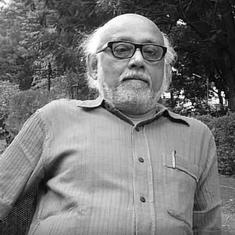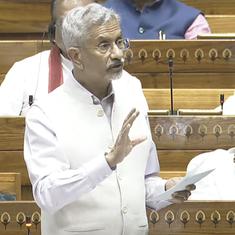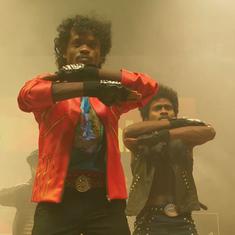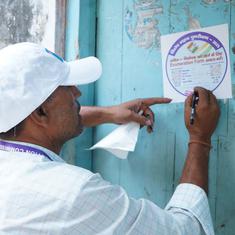No room for religion in politics, an election is a secular exercise: SC in Hindutva case
Politicians cannot seek votes in the name of caste, creed or religion, the bench said.

There is no use for religion in politics and the secular ethos of the Constitution must be upheld, the Supreme Court ruled on Monday while hearing cases that challenge the use of religious rhetoric during election campaigns. “No politician can seek votes in the name of caste, creed or religion. The relationship between man and god is an individual choice, and the state is forbidden from interfering in such an activity,” the court ruled.
Religious groups like the Vishwa Hindu Parishad and Jamat-e-Islami Hind have welcomes the decision. “Vote bank politics should be curbed by this decision. This judgement may prove a landmark in nation-building,” VHP International General Secretary Surendra Jain told IANS.
The apex court was revisiting its 1995 stand on the use of words such as “Hindutva” during elections to draw mileage from particular groups of voters. “The holding of elections is a secular exercise, and thereby, its way and process should be followed,” the seven-judge constitution bench said after hearing detailed arguments from various petitioners/respondents.
In a landmark judgment in 1995, the court had defined “Hindutva” or Hindu as “a way of life and not a religion in India”, thus approving the use of the words in election campaigns.
On October 20, the Supreme Court had called for the separation of politics and religion. The bench, headed by Chief Justice TS Thakur, is hearing three cases that challenge the practice of using religion to seek votes. Social activist Teesta Setalvad and others have also asked the apex court to reconsider its ruling on the word “Hindutva” to restrict political outfits from “exploiting religious sentiments”.
However, three states governed by the Bharatiya Janata Party – Gujarat, Madhya Pradesh and Rajasthan – had told the top court that “religion is not an anathema to the Constitution”, and it was not possible to separate it from society. Appearing for the states, Additional Solicitor General Tushar Mehta had argued that religion can be used in any sphere of society in India, unless explicitly prohibited under the Constitution, because it was a multi-religious country.
After Keshavananda Bharati's 7:6 majority, this 4:3 split judgment may be the most significant for the future of the Indian republic https://t.co/AVgwCn5PYS
— SANJAY HEGDE (@sanjayuvacha) January 2, 2017
Hindutva case: Supreme Court says election is a secular exercise and thereby its way and process should be followed.
— ANI (@ANI_news) January 2, 2017









